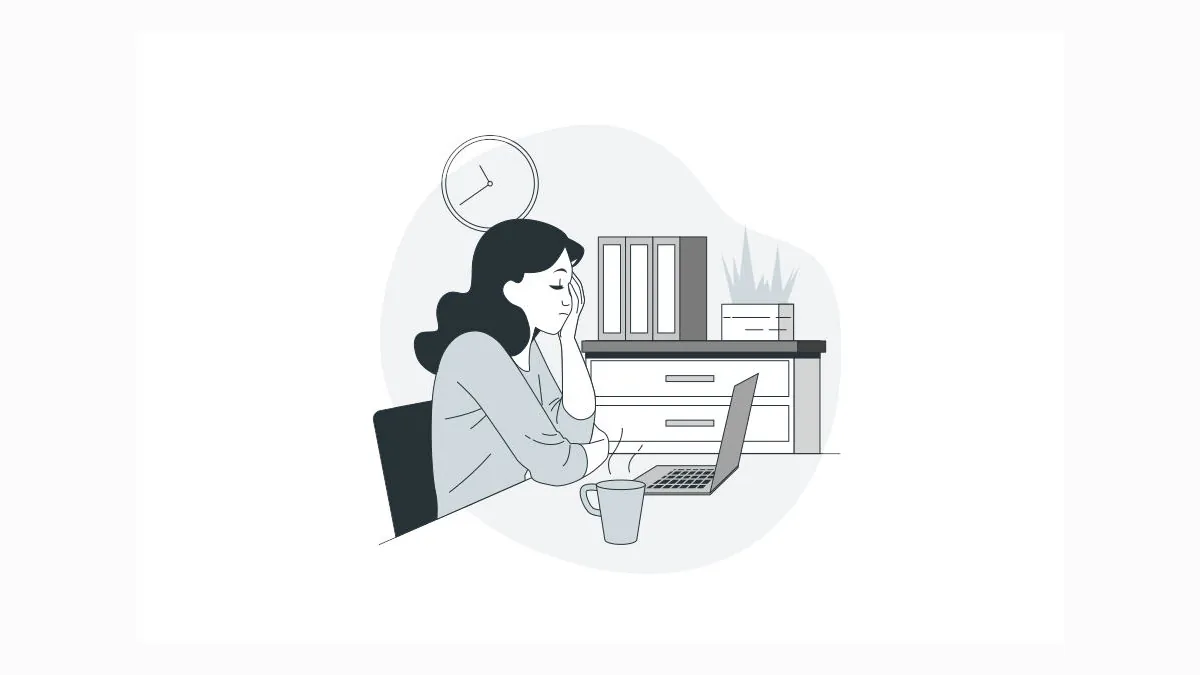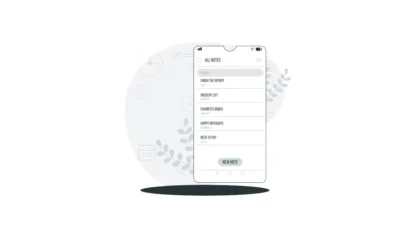This blog is about the freelancer lifestyle, which has brought me great satisfaction in my life. However, not everything is perfect. Since I started working in this way, I’ve encountered some downsides, and I want to share them with you in this post. So, let’s explore 6 disadvantages of being a freelancer.
Before we begin, I’d like to make two clarifications:
- The first is that these points are based on my personal perspective and are completely subjective, just like all the thoughts I share in this blog.
- The second is that several of the downsides I mention here also apply to people who start their own businesses.
Now that we’ve made those clarifications, let’s dive in.
Contenido [hide]
1. Full-Time Availability
Regardless of the type of arrangement I’ve made with each of my clients, there’s an underlying feeling that keeps me on alert at all times. As a programmer, I know any system can fail at any moment, and that could mean they’ll reach out to me.
Therefore, I constantly remain in a “standby” mode, which forces me to consider my schedule almost daily. I need to stay aware of whether it’s a weekday, weekend, or holiday. I have to estimate potential problems, think about possible causes, and stay on top of it, even if it’s unconsciously.
In practice, the dreaded email or annoying phone call only comes occasionally, but the possibility of something going wrong is always present.
Over time, I’ve gotten used to it. At some point, I understood it because I had done on-call shifts when I worked in companies. But it’s not the same to have a shift for a limited time as it is to live on call full-time.
My recommendation here is to avoid taking jobs that require being on call. However, if you deal directly with clients, it’s almost impossible to avoid.
2. Getting paid
Within the freelancer world, it’s almost unanimous that one of the biggest challenges is collecting payments. At least, that’s the case in Argentina, where I live. Clients pay in two months, pay in installments, issue bounced checks, or simply don’t pay at all.
When you have a company structure, it’s easier to take a firm stance and make demands, or even threaten administratively or commercially. An example of this is charging interest or seeking some sort of advantage or future rights.
One could do something similar to what companies do if they weren’t reliant on that client. But working as a freelancer makes it complicated. This also applies if you have a small business.
The way I found to prevent these issues is by seeking a source of fixed income that doesn’t depend on my clients at all. I’ve already mentioned passive income. It’s essential for achieving true freelancer freedom.
3. Not being able to take sick days or time off when needed
One of the main advantages of being a freelancer is deciding when to work. However, I’ve had to work while being sick or dealing with significant personal issues.
In these cases, if I had been working for a company, I could have taken a sick day with a doctor’s note. But as a freelancer, this isn’t possible.
The best way I’ve found to avoid this is, first, by taking care of your health. This applies to both physical and mental health. From getting enough sleep and dressing warmly when going outside, to not stressing over trivial matters.
Second, organizing your work to prevent it from piling up. This can be done by setting weekly goals, following routines, and leaving room for unexpected events.
4. Taxes and regulations
One of the aspects that most confused me when I started freelancing was the tax issue. Suddenly, I found myself surfing waves in an ocean of laws and regulations, where more experienced freelancers moved comfortably and accountants were crystal clear.
I remember the first procedures I did. I understood very little and relied on people who knew a bit more than I did, as well as what I could gather from some websites and forums.
When I worked for a company, it was quite simple. I received my salary and a pay stub. If I had any questions, I could research online or ask my employer. Sometimes, I had to check that my employer made the proper social security contributions. As far as I remember, I had no other obligations.
Now, as a self-employed worker, I have to pay taxes and keep track of new regulations and modifications that come up.
My first advice here is not to panic. Everything should be done legally, and the best way is to seek help from someone who knows more. In the beginning, it doesn’t need to be an accountant. Over time, you’ll learn about taxes and what your obligations are.
If you have a relative or friend who is an accountant and can advise you on tax matters, even better. Appreciate it, and if they don’t accept payment because you’re a friend, at least thank them in some way. Just as we, programmers, designers, and other professionals, get paid for what we know, so do they.
And, of course, if your income and structure grow, consider hiring an accountant.
5. Intermittent workflow
As a programmer, I haven’t yet experienced running out of projects to take on. I’ve always had work. However, sometimes there are variations in the workflow that result in having more or less work.
These variations are due to seasonal processes, economic issues in the country or worldwide, or simply specific matters with my clients.
Once again, passive income comes into play as a way to level out the workflow (and obviously, the derived income!). It also helps to have a solid portfolio of small clients. I’m referring to clients who require little attention and provide small amounts of work, but when added up, they contribute to a workflow that can be considered healthy.
6. Isolation
I’ve always considered myself quite antisocial, and when I chose to work on my own, I thought I wouldn’t miss being around other people day-to-day. But I was wrong.
I don’t mean to say that I regret working as a freelancer—not at all. I still enjoy being alone to work, managing my own schedule, and focusing on what I need to do without distractions. But I must admit that there are two things I occasionally miss.
The first is social contact with other people. Chatting before starting the workday, sharing a coffee or lunch, and being part of a team.
Secondly, the leadership role I had when I worked in a company. As a technical lead or project lead, I guided other programmers. It was a rewarding job that combined technical work, teaching, and of course, the human side.
Today, co-working spaces exist, which somewhat mitigate this problem. I haven’t considered them yet, but I don’t rule out doing so in the future.
Depending on the experience you had in previous jobs, you may feel more or less isolated. In my case, sometimes I long for those office days with a group of people who shared, and still share, values with me.
Summary
These are the downsides of being a freelancer that I can list so far. There are other negative aspects, but I consider them minor and not exclusive to freelancers, which is why they’re not worth mentioning.
If you’re thinking about making the switch to the freelancer life, keep in mind that the advantages far outweigh these disadvantages. Also, the freedom that comes with being a freelancer is the most important advantage of all, and it outweighs everything else.
Find more content about programming and the freelancer lifestyle
I hope you found this article interesting.
If you’re looking for hosting, I recommend Digital Ocean. Follow this link to get $200 in credit to use over a 60-day period.
I invite you to follow me on social media: YouTube, LinkedIn, X, GitHub, and Instagram. I’m also on CodeWars.
That’s all. Thank you very much for taking the time to read.
See you next time!



